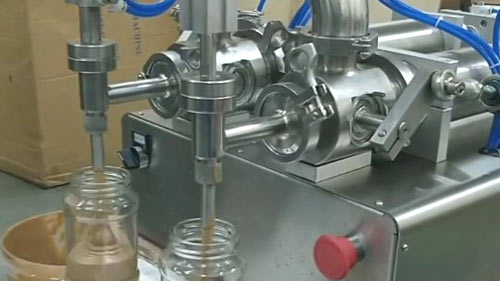
Have you ever come across the term hydraulic oils? Well, car owners like you can hear about it. But what about the food-grade hydraulic oils? Do you know anything about this oil?
If not, then all the details regarding this oil have been discussed in this article for you to gather knowledge on this topic.
It is a non-toxic, mineral hydrocarbon-free hydraulic fluid used for diverse functions in the food and beverage, packaging, and pharmaceutical industries.
A Brief on Food-grade Hydraulic Oils
This fluid is used as a power transmission or energy transfer medium, sealant, and lubricant. It is also applied in food processing equipment for cooling and removing contaminants.
Hydraulic equipment and parts utilize these Hydraulic oil food-grade lubricants to uphold food processing operations where sudden contact with edible products might occur.
Features of Food Grade Hydraulic Oils
The prime benefit of this oil lies in the fact that it has the lowest coefficient for friction. This, in turn, will lead to low heat generation and reduced energy loss. Thus, your hydraulic system will require less fuel and will run more smoothly and efficiently.
These oils act as natural detergents that will help to keep the surface of the hydraulic system clean compared to the standard petroleum-based fluids.
The dispersion and suspension of contaminants like varnish and sludge on the internal surfaces are possible only with this oil. They are also good emulsifiers, especially for water.
It does not mix with the water but can be problematic as it poses a risk of corrosion.
The chemically engineered hydraulic fluids are biodegradable, which is impossible for petroleum-based fluids. This factor is of greater importance as environmental impact is to be reduced during fluid spillage. For this reason, this oil is used in agriculture and forestry equipment.
Advantages of Using This Oil
The perks of using this oil are listed below for your information.
- This oil has a high load-carrying capacity.
- Even in the most challenging environment, this oil can protect the hydraulic systems as it is anti-corrosive, ant-wear, and has allied beneficial features.
- The best part of this oil is that it is completely eco-friendly.
Issues Addressed By Food-Grade Hydraulic Oils
Sludge and varnish are the two common problems faced by petroleum-based hydraulic fluids, especially at high temperatures and pressures.
Thus, the valves in the hydraulic system get stuck. This oil is excellent in its performance as it is resistant to chemical breakdowns in extreme environments.
The high viscosity index of food-grade fluids implies that it remains stable at any given temperature. This element is vital as fluids decrease in viscosity in low temperatures, making them thicker, and they become thinner at high temperatures. If it becomes too thin, then the level of lubrication and protection required to protect the equipment will not be achieved.
Some Pitfalls of This Oil
One of the major drawbacks of this oil is the cost. It is an expensive purchase. But you need to maintain the good health of the food processing equipment.
Apart from this, this oil is also incompatible with some seal materials. It may cause shrinkage in some seals leading to leakage that can result in bad performance of the hydraulic system.
The worst situation may arise if this oil does not complement the seal at all. In that case, the repair charges for the hydraulic system can be a costly affair. It is better to avoid physical contact with synthetic hydraulic oil as it can cause skin irritation.
There is a positive and negative side to each product and Synthetic hydraulic fluids are no exception. Hence, you need to cautiously apply it after procuring from a popular and reputed food-grade lubricants supplier.




